Is It Safe to Have Protein Powder While Breastfeeding
Protein boosts milk production, making it crucial for breastfeeding mothers. Mothers can meet their protein needs through eggs, dairy, pulses, nuts, legumes, meat, and paneer. However, managing newborn, work, and home can be challenging. Ready-to-mix protein powders offer a quick, convenient solution to these dietary challenges. Some of the questions that often arise are – are protein powders safe to consume? And is raw protein powder safe while breastfeeding? They are safe for breastfeeding mothers and provide a swift, healthy way to fulfill protein requirements. What powders are safe when choosing a protein powder during breastfeeding? Read on to know more!
Can You Have Protein Powder While Breastfeeding?
Consumption of protein powders while breastfeeding is usually not a threat to you and your child. Most powders contain healthy portions of calcium, protein, and other essential vitamins and nutrients. Protein powders are generally used for building muscle mass. Hence, in the market, you will find protein powders that contain preservatives, unnatural chemicals, synthetic vitamins, artificial sweeteners, artificial flavors, and harmful fillers. These additives are known to pose health issues in the mother and cause developmental issues in the child. So, yes, raw protein powder is safe while breastfeeding, but it is vital to pick the right one for your child!
How Much Protein Should a Breastfeeding Mother Have Per Day?
The protein requirements for breastfeeding mothers are higher than those for non-pregnant, non-nursing women. Generally, it’s recommended that breastfeeding mothers consume about 1.1 to 1.3 grams of protein per kilogram of body weight per day. For example, a woman weighing 68 kilograms (150 pounds) would need approximately 75 to 88 grams of protein daily. This increased intake helps support milk production and the mother’s overall health.
What Are the Benefits of Protein Powder During Breastfeeding?
Every mother wants to give the best nutrition to their child. For some, it gets fulfilled with natural sources only. But some might require additives like protein powders. Protein powders are generally bad for your health, even though you are not pregnant. Some rumors are floating about it. But if you are mindful in picking one for yourself, it can’t be bad. Just be sure of your needs and make a perfect choice that will benefit you in the long term. To make you even more confident about it, here are a few benefits of consuming protein powders while breastfeeding:
1. Macro-nutrient
Protein is a macro-nutrient that ensures that the mother and the child relish optimal health. Carbohydrates give you an instant energy boost but are unhealthy fats. It isn’t easy to shed the weight gained through carbohydrates post breastfeeding. But proteins keep you healthy in the long term. It builds a strong foundation for you and your baby by repairing and building tissues.
2. Building blocks
Proteins are made up of amino acids. Hence, it forms the building blocks of your and your child’s body’s cells. Our bodies use amino acids to build muscles, bones, skin, hair, and nails. Now you know how important it is for your growing child!
3. Nutrient and Oxygen Transportation
Some proteins are classified as transport proteins. These help in carrying minerals, oxygen, and vitamins throughout the body. This process ensures that your body is getting the right energy supply. Some proteins are also used to store iron.
4. Protection against Infection
A good amount of protein intake keeps infections at bay. The protein helps make antibodies that fight off infections and keep you and the child healthy.
5. Milk Production
Protein boosts breast milk production, which helps nourish the newborn. Find out the best protein for you and see the difference in a few days.
6. Some Regulating Hormones
A few of the body’s regulating hormones, such as glucagon, insulin, and human growth hormone, are made from chains of amino acids.
7. Fiber content
Good protein powders contain a good amount of fiber in them. Fiber keeps the liver, metabolism, and digestion healthy. It also helps in stabilizing blood sugar levels.
8. Healthy Fats
Some protein powders contain beneficial nutrients such as conjugated linoleic acids or CLAs. These are known as healthy fats, which decrease body fat.
Side Effects of Consuming Protein Powder While Breastfeeding
Protein powders can be a practical solution for breastfeeding mothers to meet their increased protein needs. However, choosing the right type and being mindful of potential side effects is crucial for the health of both mother and child. Here are some of the possible side effects:
1. Digestive Issues
Protein powders, especially those derived from dairy such as whey or casein, can lead to digestive discomfort. Some individuals may experience symptoms like bloating, gas, and constipation due to the high protein concentration or added fibers and sweeteners that are not well-tolerated.
2. Allergic Reactions
Ingredients commonly found in protein powders, such as whey, casein, soy, or nuts, can trigger allergic reactions in some people. Symptoms might include skin rashes, itching, or more severe reactions such as difficulty breathing, which necessitate immediate medical attention.
3. Heavy Metals Contamination
A less commonly known risk associated with some protein powders is the presence of heavy metals like lead, arsenic, or cadmium. These contaminants can occur due to the sourcing and processing of ingredients and can be particularly harmful to a developing baby when passed through breast milk.
4. Impact on Milk Flavor
The ingredients and flavorings in protein powders can change the taste of breast milk. While not harmful, this change might sometimes lead to the baby being fussy or reluctant to breastfeed, which can disrupt their feeding routine and nutrition.
5. Nutritional Imbalance
Relying heavily on protein powders at the expense of a varied diet can lead to a nutritional imbalance. Important nutrients that come from whole foods might be under-consumed, which could affect both mother’s and baby’s health.
Does Protein Powder Help With Weight Loss During Breastfeeding?
There are multiple reasons to weight loss by consuming protein powders. The foremost reason is protein shakes made from protein powders can substitute for a meal. Although protein shakes carry some calories, they are considerably less than a meal. Secondly, as discussed above, protein powders contain beneficial nutrients like CLAs, which help reduce weight. Thirdly, some protein powders contain minerals like vitamin B12, chromium, magnesium, and folate. The deficiency of these minerals results in sugar cravings. So, if you are consuming the protein powder, you will not observe frequent sugar cravings. And lastly, proteins keep you full for a longer time.
What Are the Best Protein Powders That Are Safe for Lactation?
It is always good to ingest proteins from real foods. But if you are short on time or have some additional protein requirements, you can always switch to protein powders. Many brands are in the market, but Majka’s lactation protein powder has different variants for different needs. These powders boost your milk supply and keep you energetic and in your best mood. Here are the variants:
1. Majka Fruit Greens
It is packed with more than 25 veggies and fruits in it. This powder will help reduce the chances of developing diseases in the future.
2. Lactation Blend
It contains magical ingredients like turmeric root extract, fennel seed, sesame seeds, organic ginger root, clove flower, fenugreek seeds, and caraway seed. These ingredients help in fighting digestive issues in both mother and child.
3. Prebiotic and Probiotic
There are multiple reasons to switch to this particular blend. It helps in the digestion of the nourishing lactation powder. Additionally, it flushes out harmful toxins and has anti-inflammatory properties.
4. The plant-based digestive enzyme
It is known to prevent colic issues, food allergies, and inflammation in infants. It also helps in food breakdown and absorption of useful nutrients.
Things to Consider and Avoid Having Protein Powder While Breastfeeding
Protein powders are safe to consume while pregnant and while breastfeeding. But still, there are a few considerations for the consumption of protein powder for breastfeeding mums. The powders should be consumed with care. The following pointers will help you chuck out the harmful ones and pick the right one for you and your child. So, let’s get started!
- Artificial Sweeteners: Consuming a lot of artificial sweeteners can cause adverse effects on your body. The side effects include bloating, acid reflux, headaches, gastric distress, and weight gain. Avoid powders containing sweeteners like polydextrose, aspartame, and acesulfame potassium.
- Presence of heavy metals: Most protein powders available in the market these days have traces of heavy metals. Vegetarian proteins have higher heavy metal traces. Unlike animals, proteins have lower counts. Especially the whey and whey isolate protein.
- Fillers: Inulin, Xanthan Gum, and Guar Gum are the most common fillers found in protein powders. You must have observed thick consistency in protein shakes. It comes from these ingredients. Some low-quality proteins contain a lot of such fillers. These tend to cause digestive issues and bloating in the mother and child.
- Additives: Protein powders are generally used to build muscle mass in gym enthusiasts and athletes. To make this possible, powders are loaded with additives. These additives might be risky for lactating mother and their child. Do not forget to check the label and ingredients of the protein you are buying. It should not contain additional stimulants and herbs.
- Hydrogenated Fats: These fats generally mean trans fats produced by the harsh chemical process known as hydrogenation. The addition of these fats increases the richness of the product. But trans fats are harmful to the mother and the child. It can cause type-2 diabetes, inflammation, and insulin resistance.
- Consultation: You should consult your doctor before including protein powders in your diet.
- Hormone-free: At this stage, you and your child do not require hormones now.
- Certified ones: Look for certified protein powders by agencies like USDA. It would be great if the product were non-GMO. This makes sure the product does not have industrial and environmental contaminants.
- Fat burning blends: Please stay away from powders that claim to reduce weight easily. These might contain harmful ingredients.
When to Start Adding Protein Powder to Your Diet?
When you become pregnant, your doctor might have advised you to increase your protein intake. It is because protein helps you to put on a healthy weight. Also, excessive carbohydrate and fats intake might contribute to other diseases like gestational diabetes. Also, proteins are the building blocks. Hence, if you consume a good amount of protein since the start of your pregnancy, both the child and the mother will be healthy.
Also, it will be great if you avoid junk food, low-nutrient food high sugar foods during pregnancy. Consume fibrous food and lean proteins. Protein with a smart mix of carbohydrates and fats is an ideal diet for an expecting mother. Such a diet will not let you put on a lot of weight; hence, lactation will be an easy process!
So, to conclude, you should start taking protein powders right from the pregnancy phase. But it would help if you researched properly for a protein powder suitable for pregnancy and breastfeeding. It is seen that protein intake during pregnancy helps the mother recover soon after delivery. Remember, we had discussed proteins helping in the building and repairing tissues. So if you had extended labor or a cesarean section or had significant damage to the pelvic floor, your consumption of protein powder from the start will benefit you in greater ways!
Ways to Include Protein Powder in Your Daily Routine
Breastfeeding mothers are often asked to stop eating certain foods due to the side effects they produce like indigestion, bloating, etc. And if the mother feels bloated, the child relying on breast milk feels colic. But somehow, the mother has to fulfill the body’s nutritional requirements to keep herself and the child healthy.
It is always great to consume protein from natural sources. Look for breastfeeding-safe protein powders. But every pregnancy is different due to the different types of bodies. Your body might require some extra protein, or maybe your body cannot retain protein from natural sources. Or you might be allergic to some food items. It is completely fine to include protein powder in your diet in such cases. So, here we are sharing some interesting ways to include protein powders in your diet:
1. Baked items
You can add the protein powder as a filling in baked items like pancakes, muffins, brownies, etc., to enhance the protein content of your simple food.
2. Meal Replacement
Being a breastfeeding mother, you cannot skip meals. Also, you might have lesser time to cook something while taking care of your child. So, prepare a quick protein shake or smoothie for yourself. Take your shaker, and add in a scoop of protein powder and either milk or water. Drink it with a platter of fruit alongside.
3. Snacking
Keep the powder along with you whenever you go out. Grab some in-between meals to keep yourself energetic.
4. Oatmeal
Another nutritious way to consume protein powder would be to add it to oatmeal. Mix one cup of oats with a scoop of protein powder to cook a sumptuous meal.
5. Mashed Potatoes
To lower the carbohydrate content of potatoes, add flavorless protein powder to a bowl of mashed potatoes. And enjoy the meal.
6. Yogurt
Mix a scoop of protein powder into a bowl of Greek yogurt. Add in your favorite fruits. You can replace a meal with this delicious dessert, aka meal.
7. Fruit Salad
Prepare a fruit bowl with your favorite fruits. Sprinkle protein powder over it. Do not mix a lot of protein powder, and it might spoil the taste.
8. Scrambled Eggs
You can mix a flavorless protein powder with scrambled eggs. It will boost the protein content even further without much difference in taste.
FAQs
1. Can protein powder consumption affect the composition of breast milk?
While protein powders while nursing are generally safe, excessive intake could alter breast milk’s protein content. Maintaining a balanced diet is important to ensure that both mother and baby receive a variety of nutrients without overconcentration of any single nutrient, such as protein.
2. Is there a risk of passing artificial sweeteners or additives to my baby through breast milk?
Yes, certain components in protein supplements while breastfeeding, like artificial sweeteners and additives, can pass into breast milk. Choosing powders with natural or minimal ingredients is essential to avoid exposing the baby to these unnecessary chemicals, potentially affecting their health or development.
3. Can using protein powder help with postpartum weight loss?
Protein powders can be a part of a postpartum weight loss diet, helping to satisfy protein needs without adding excessive calories. However, they should be used as part of a balanced diet with adequate exercise. Focus on gradual weight loss and maintaining good nutrition, particularly while breastfeeding, to support your recovery and your baby’s health.
4. Are plant-based protein powders a better option during breastfeeding?
Plant-based protein powders, such as those derived from peas, rice, or hemp, can be a good alternative for mothers who are vegan or have allergies to dairy or soy. These powders tend to have fewer allergens and are easier on the stomach. However, it’s important to check that they provide a complete protein profile, ideally by combining different plant sources.
It is important to have proper nutrition once you become pregnant and postpartum. It is always wise to increase your protein intake from natural sources. But since everybody is different, hence is their ability to consume protein. So yes, consuming protein powder is an efficient way to satisfy the body’s increased demand for protein and nutrition. And now you know how protein helps a pregnant and lactating woman in amazing ways. The only bottom line is that you pick the right one for yourself. We hope our write-up has helped you in this regard to chuck out harmful ingredients. It will be great to consult your doctor before opting for any brand. And do keep in mind the right protein powder is safe and best for breastfeeding. Do take proper care of yourself, and Happy Parenting!
References/Resources:
1. Gridneva. Z, Tie. W, Rea. A, Lai. C, et. al.; Human Milk Casein and Whey Protein and Infant Body Composition over the First 12 Months of Lactation (Nutrients); National Library of Medicine; https://www.ncbi.nlm.nih.gov/pmc/articles/PMC6164442/; September 2018
2. Rasmussen. B, Ennis. M, Pencharz. P, Ball. R, et. al.; Protein Requirements of Healthy Lactating Women Are Higher Than the Current Recommendations (Current Developments in Nutrition); National Library of Medicine; https://www.ncbi.nlm.nih.gov/pmc/articles/PMC7257931/; June 2020
3. What to Eat While Feeding Your Child Breast Milk; Northwestern Medicine; https://www.nm.org/healthbeat/healthy-tips/nutrition/breastfeeding-nutrition
4. Nutrition Tips for Breastfeeding Mothers; UCSF Health; https://www.ucsfhealth.org/education/nutrition-tips-for-breastfeeding-mothers
5. Breastfeeding and your diet; Better Health Channel; https://www.betterhealth.vic.gov.au/health/healthyliving/breastfeeding-and-your-diet
6. The scoop on protein powder; Harvard Health Publishing; https://www.health.harvard.edu/blog/the-scoop-on-protein-powder-2020030918986
7. Pasiakos. S, McLellan. M; The Effects of Protein Supplements on Muscle Mass, Strength, and Aerobic and Anaerobic Power in Healthy Adults: A Systematic Review (Sports Medicine); Research Gate; https://www.researchgate.net/publication/265175365_The_Effects_of_Protein_Supplements_on_Muscle_Mass_Strength_and_Aerobic_and_Anaerobic_Power_in_Healthy_Adults_A_Systematic_Review; August 2014
Also Read:
Green Tea while Breatfeeding
Benefits of Detox in Pregnancy
Coffee or Caffeine during Breastfeeding
Was This Article Helpful?
Parenting is a huge responsibility, for you as a caregiver, but also for us as a parenting content platform. We understand that and take our responsibility of creating credible content seriously. FirstCry Parenting articles are written and published only after extensive research using factually sound references to deliver quality content that is accurate, validated by experts, and completely reliable. To understand how we go about creating content that is credible, read our editorial policy here.






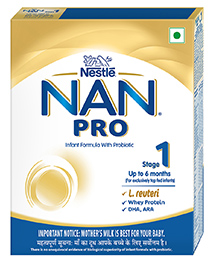
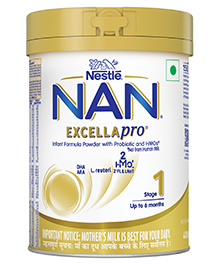
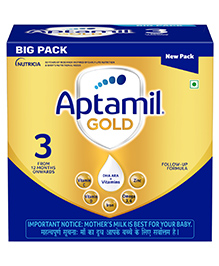
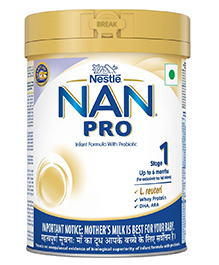
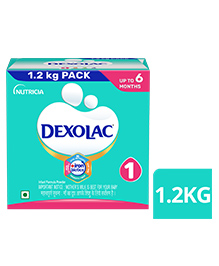
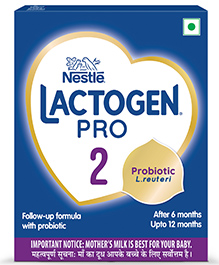
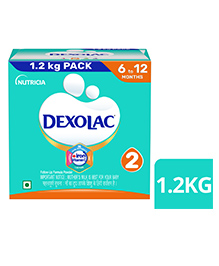

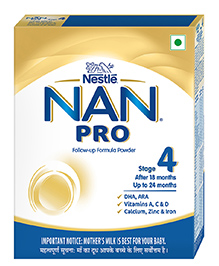
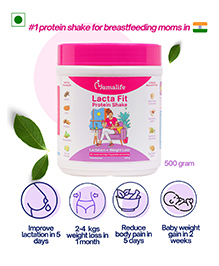
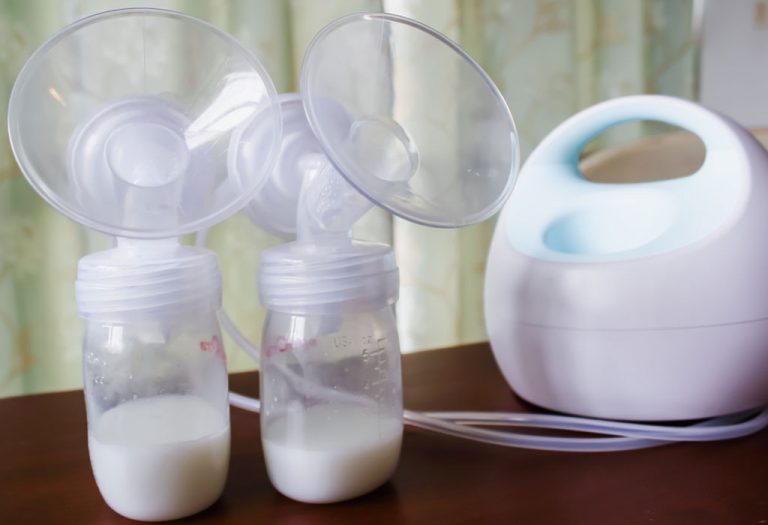
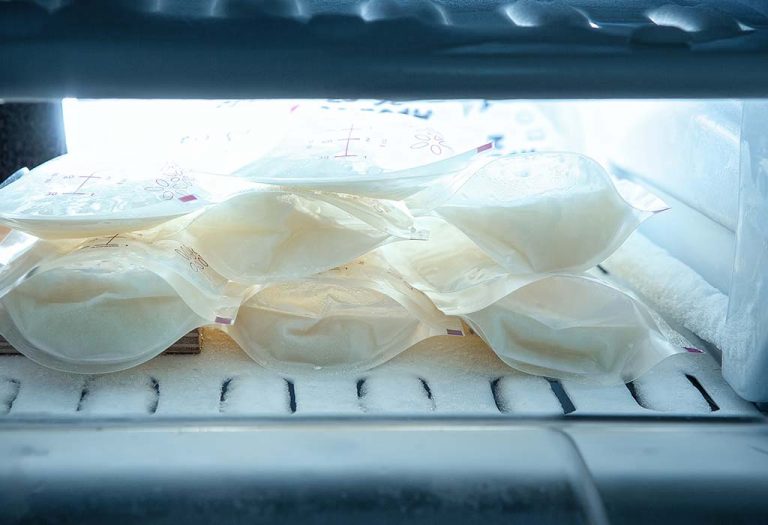
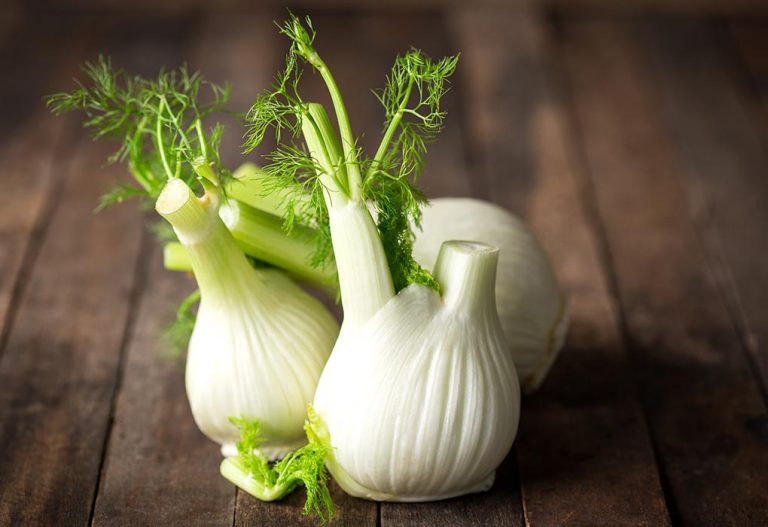

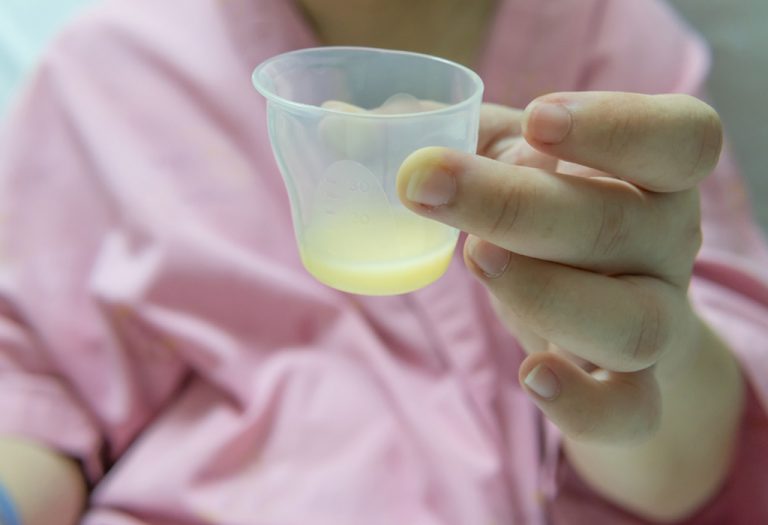


.svg)


















